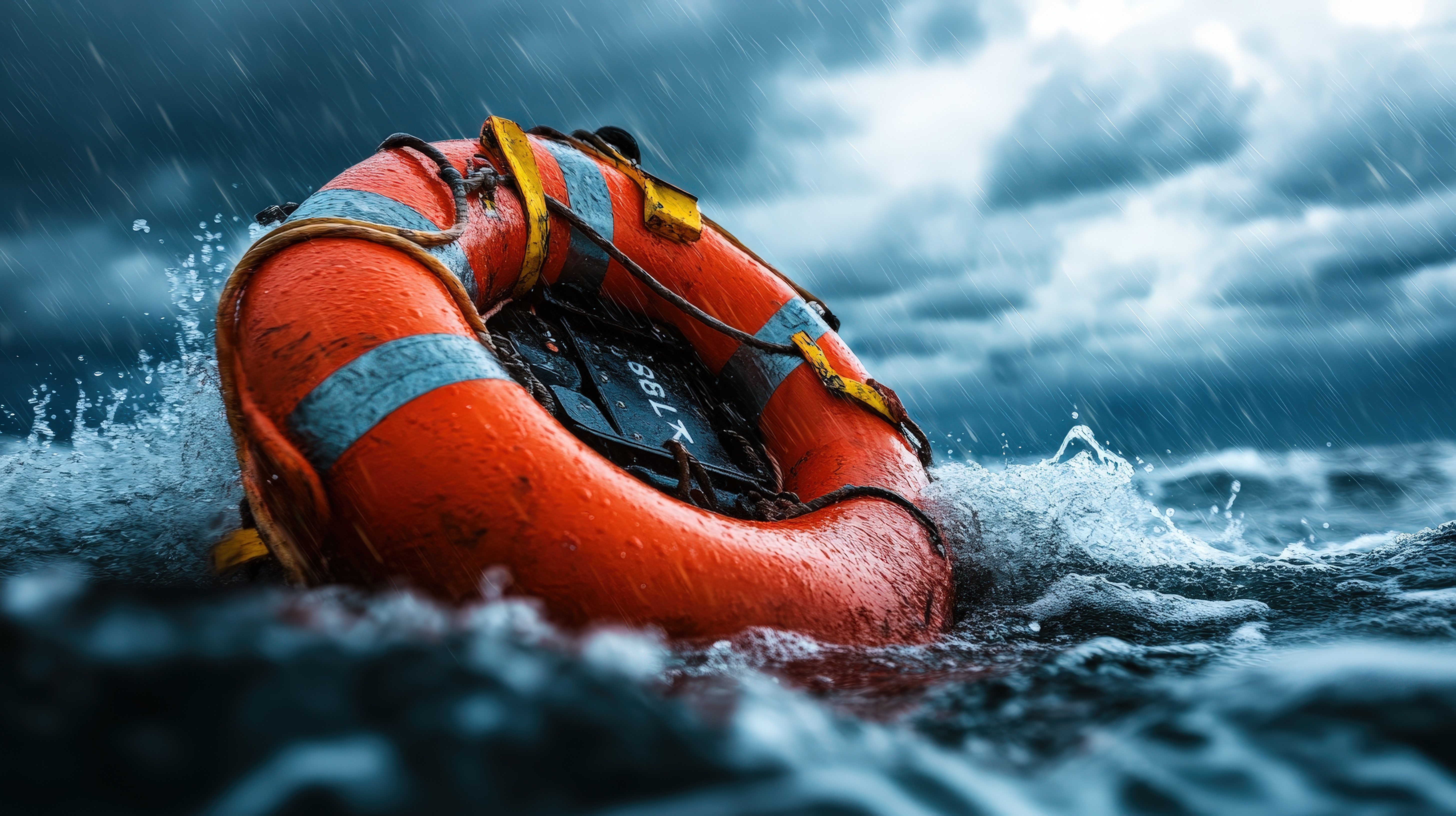
The U.S. Fifth Circuit Court of Appeals affirmed the lower court’s findings that the evidence did not adequately support an allegation of breach by the Defendant vessel owners of their Scindia duties.
Plaintiff Pradeep Patil of Maritech Commerical was a surveyor with 45 years of maritime experience. He was hired to perform ultrasonic testing of the hatch covers situated atop the holds of the Defendant owned vessel, MV AMBER LAGOON, while in Houston. Mr Patil was accompanied by a second officer throughout the testing. Mr Patil finished his work and was preparing to leave, but as he was leaving he fell 6 feet to the main deck from the top of one of the holds he was testing. The access ladder he had used to climb up to the top of the hold had become obstructed by cargo containers, and he fell while attempting to take an alternative route.
Mr Patil filed suit under the Longshore and Harbor Workers’ Compensation Act’s 33 U.S.C. § 905(b) and alleged that he fell due to a “foreign substance” on or near the hatch covers. The parties agreed that Mr Patil was a covered employee under the LHWCA, because he was a “person engaged in maritime employment” at the time of the accident. The Defendant moved for summary judgment which was granted stating that Mr Patil failed to show that the Defendant had breached their Scindia duties i.e. “turnover duty”, “active control duty” or “duty to intervene”; see Scindia Steam Nav. Co. v. De Los Santos, 451 U.S. 156 (1981). Mr Patil appealed arguing that there was a material fact dispute regarding the Defendant’s breach of their turnover and active control duties.
Judgment
In this unpublished decision, the U.S. Fifth Circuit Court of Appeals affirmed the lower court’s decision. The record showed that the vessel was turned over in a reasonably safe condition based on testimony that the crew examined and cleaned Mr Patil’s inspection area beforehand, and any latent or hidden slip hazards were unknown to the Defendant. Also Mr Patil, with his 45 years of experience, should have reasonably anticipated potential slip hazards. Ultimately no one observed grease in the work area, so the Court found that Mr Patil’s turnover claim rested on an unsupported assumption.
Mr Patil’s active control duty also failed. He claimed that the cargo operations which obstructed the safe route off the hold along with the second officer’s failure to ensure a safe descent to the main deck were violations of the active control duty. However, an independent stevedoring company controlled the cargo operations, not the crew of the AMBER LAGOON. The Defendant also did not maintain active control over Mr Patil’s work because Mr Patil “maintained full autonomy” over the equipment used and the areas examined during testing. The Court noted that the second officer merely followed Mr Patil around and provided assistance.
Comments
While this case is an unpublished per curiam decision, and is therefore not precedent, it is still a useful guide for understanding firstly that 905(b) does apply to surveyors on board vessels. However, the case also shows the need for such claims to be properly supported by evidence.
The case is therefore instructive on best practices for vessel owners to adopt for purposes of the Scindia duties when “persons engaged in maritime employment” are on board. As demonstrated, examining and cleaning of work areas by the crew is important, and being careful about the level of control that the vessel and the crew exhibit over an independent contractor, such as a surveyor, while on board can be decisive in whether vessel owners are ultimately successful in defending claims for breaches of these duties.




